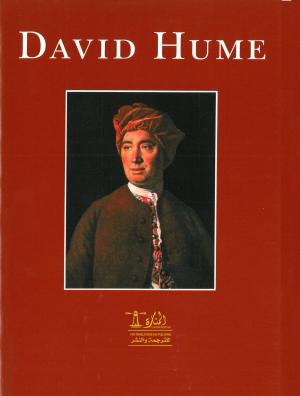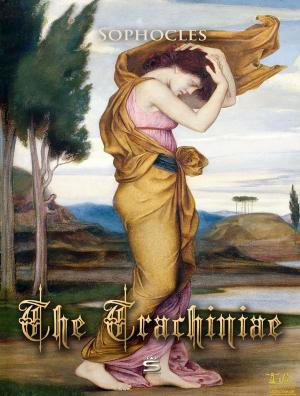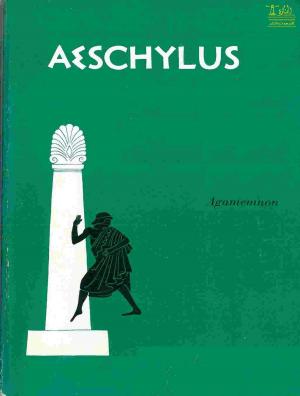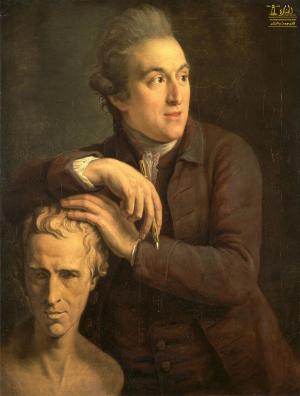The Complete Poetical Works of Rudyard Kipling
Nonfiction, Entertainment, Drama, Anthologies, Fiction & Literature, Literary Theory & Criticism| Author: | Rudyard Kipling | ISBN: | 9780599459908 |
| Publisher: | Lighthouse Books for Translation Publishing | Publication: | May 16, 2019 |
| Imprint: | Lighthouse Books for Translation and Publishing | Language: | English |
| Author: | Rudyard Kipling |
| ISBN: | 9780599459908 |
| Publisher: | Lighthouse Books for Translation Publishing |
| Publication: | May 16, 2019 |
| Imprint: | Lighthouse Books for Translation and Publishing |
| Language: | English |
Rudyard Kipling, in full Joseph Rudyard Kipling, (born December 30, 1865, Bombay [now Mumbai], India—died January 18, 1936, London, England), English short-story writer, poet, and novelist chiefly remembered for his celebration of British imperialism, his tales and poems of British soldiers in India, and his tales for children. He received the Nobel Prize for Literature in 1907.
Kipling’s father, John Lockwood Kipling, was an artist and scholar who had considerable influence on his son’s work, became curator of the Lahore Museum, and is described presiding over this “wonder house” in the first chapter of Kim, Rudyard’s most famous novel. His mother was Alice Macdonald, two of whose sisters married the highly successful 19th-century painters Sir Edward Burne-Jones and Sir Edward Poynter, while a third married Alfred Baldwin and became the mother of Stanley Baldwin, later prime minister. These connections were of lifelong importance to Kipling.
Much of his childhood was unhappy. Kipling was taken to England by his parents at the age of six and was left for five years at a foster home at Southsea, the horrors of which he described in the story “Baa Baa, Black Sheep” (1888). He then went on to the United Services College at Westward Ho, north Devon, a new, inexpensive, and inferior boarding school. It haunted Kipling for the rest of his life—but always as the glorious place celebrated in Stalky & Co. (1899) and related stories: an unruly paradise in which the highest goals of English education are met amid a tumult of teasing, bullying, and beating. The Stalky saga is one of Kipling’s great imaginative achievements. Readers repelled by a strain of brutality—even of cruelty—in his writings should remember the sensitive and shortsighted boy who was brought to terms with the ethos of this deplorable establishment through the demands of self-preservation.
Kipling returned to India in 1882 and worked for seven years as a journalist. His parents, although not officially important, belonged to the highest Anglo-Indian society, and Rudyard thus had opportunities for exploring the whole range of that life. All the while he had remained keenly observant of the thronging spectacle of native India, which had engaged his interest and affection from earliest childhood. He was quickly filling the journals he worked for with prose sketches and light verse. He published the verse collection Departmental Ditties in 1886, the short-story collection Plain Tales from the Hills in 1888, and between 1887 and 1889 he brought out six paper-covered volumes of short stories. Among the latter were Soldiers Three, The Phantom Rickshaw (containing the story “The Man Who Would Be King”), and Wee Willie Winkie (containing “Baa Baa, Black Sheep”). When Kipling returned to England in 1889, his reputation had preceded him, and within a year he was acclaimed as one of the most brilliant prose writers of his time. His fame was redoubled upon the publication in 1892 of the verse collection Barrack-Room Ballads, which contained such popular poems as “Mandalay,” “Gunga Din,” and “Danny Deever.” Not since the English poet Lord Byron had such a reputation been achieved so rapidly.
Rudyard Kipling, in full Joseph Rudyard Kipling, (born December 30, 1865, Bombay [now Mumbai], India—died January 18, 1936, London, England), English short-story writer, poet, and novelist chiefly remembered for his celebration of British imperialism, his tales and poems of British soldiers in India, and his tales for children. He received the Nobel Prize for Literature in 1907.
Kipling’s father, John Lockwood Kipling, was an artist and scholar who had considerable influence on his son’s work, became curator of the Lahore Museum, and is described presiding over this “wonder house” in the first chapter of Kim, Rudyard’s most famous novel. His mother was Alice Macdonald, two of whose sisters married the highly successful 19th-century painters Sir Edward Burne-Jones and Sir Edward Poynter, while a third married Alfred Baldwin and became the mother of Stanley Baldwin, later prime minister. These connections were of lifelong importance to Kipling.
Much of his childhood was unhappy. Kipling was taken to England by his parents at the age of six and was left for five years at a foster home at Southsea, the horrors of which he described in the story “Baa Baa, Black Sheep” (1888). He then went on to the United Services College at Westward Ho, north Devon, a new, inexpensive, and inferior boarding school. It haunted Kipling for the rest of his life—but always as the glorious place celebrated in Stalky & Co. (1899) and related stories: an unruly paradise in which the highest goals of English education are met amid a tumult of teasing, bullying, and beating. The Stalky saga is one of Kipling’s great imaginative achievements. Readers repelled by a strain of brutality—even of cruelty—in his writings should remember the sensitive and shortsighted boy who was brought to terms with the ethos of this deplorable establishment through the demands of self-preservation.
Kipling returned to India in 1882 and worked for seven years as a journalist. His parents, although not officially important, belonged to the highest Anglo-Indian society, and Rudyard thus had opportunities for exploring the whole range of that life. All the while he had remained keenly observant of the thronging spectacle of native India, which had engaged his interest and affection from earliest childhood. He was quickly filling the journals he worked for with prose sketches and light verse. He published the verse collection Departmental Ditties in 1886, the short-story collection Plain Tales from the Hills in 1888, and between 1887 and 1889 he brought out six paper-covered volumes of short stories. Among the latter were Soldiers Three, The Phantom Rickshaw (containing the story “The Man Who Would Be King”), and Wee Willie Winkie (containing “Baa Baa, Black Sheep”). When Kipling returned to England in 1889, his reputation had preceded him, and within a year he was acclaimed as one of the most brilliant prose writers of his time. His fame was redoubled upon the publication in 1892 of the verse collection Barrack-Room Ballads, which contained such popular poems as “Mandalay,” “Gunga Din,” and “Danny Deever.” Not since the English poet Lord Byron had such a reputation been achieved so rapidly.















